<!–*/ */ /*–>*/
| The drama never ends |
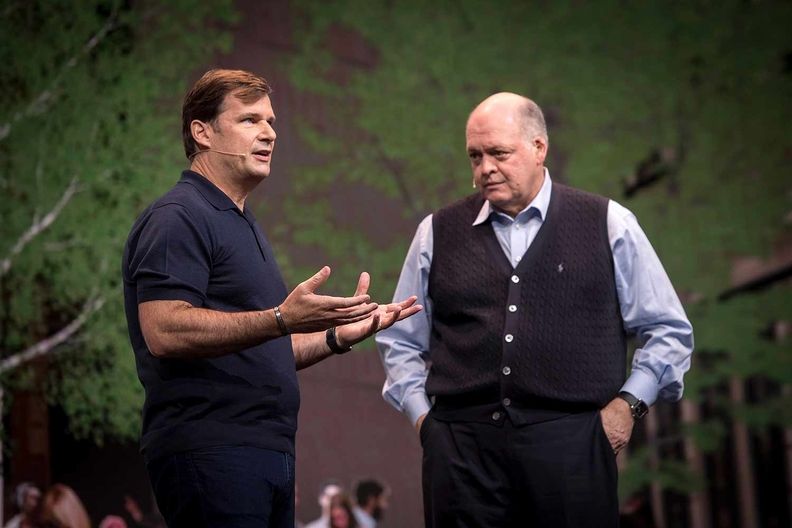
This time next year, Detroit will be kicking off its first auto show in nearly 1,000 days. Maybe.
Who knows whether such an event will even be possible again by then. But with next spring looking unexpectedly crowded on the auto show calendar and still iffy for in-person gatherings, organizers last week decided to shift the Detroit event to the fall from now on. It was a shrewd move to get some breathing room and take advantage of an opening created by several major European expos losing their luster, our Chief Content Officer Jamie Butters writes in Monday’s issue.
This year, with their glitzy auto show exhibits still packed away, Ford Motor Co. and General Motors have big events of a different kind on their calendars at the end of September. It’s the changing of the Jims at Ford this week, as Jim Hackett retires and Jim Farley becomes the 13th CEO in the company’s 117-year history. Meanwhile, General Motors is scheduled to close a potentially lucrative partnership this week with Nikola Corp., a company that hardly anyone in the auto industry had heard of the last time Detroit held an auto show.
Farley has a full plate of challenges to deal with. He’ll likely rely on the same skills that he used to rejuvenate Ford’s European business and tap Silicon Valley tech leaders for insight on the auto industry’s future, as our story on Page 1 of Monday’s issue explains. The 58-year-old could make history in multiple ways: He’ll be the first Ford CEO to have previously worked at an unaffiliated competitor, and if he stays on the job through the end of 2028, he would be the longest-serving Ford CEO not named Henry Ford.
Ford’s hometown rival, GM, is in the midst of some drama as well. In the weeks since GM announced its deal to engineer and build electric pickups for Nikola, allegations of fraud have begun swirling around Nikola, prompting its founder to quit as executive chairman and suddenly disappear from social media. GM has insisted it will proceed as intended with the agreement, for reasons that another story in Monday’s issue details. The deal could benefit GM to the tune of $4 billion, and former GM Vice Chairman Steve Girsky has stepped in to ensure all goes as planned, even as investigators from the Department of Justice and Securities and Exchange Commission poke around.
Of course, if California sticks with its new plan to ban gasoline-powered vehicles by 2035, which you can read about on Monday as well, there’s plenty more drama to come for Ford, GM and the rest of the industry.
 |
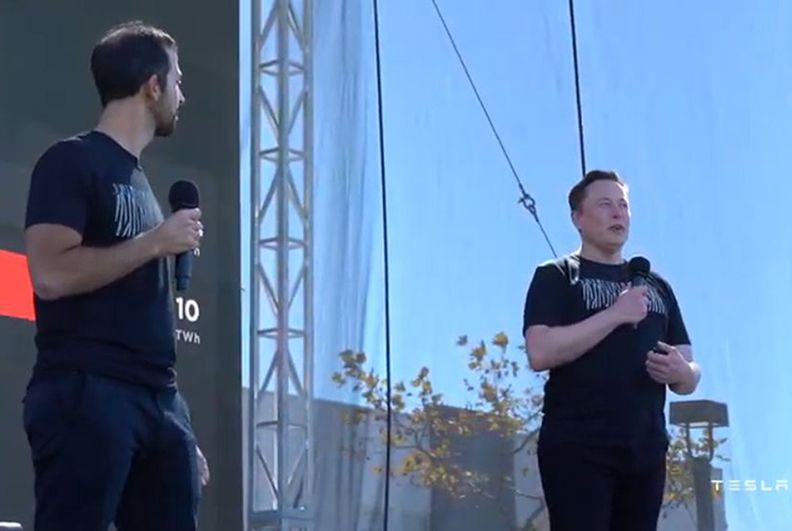
 |
Coming Monday in Automotive News:
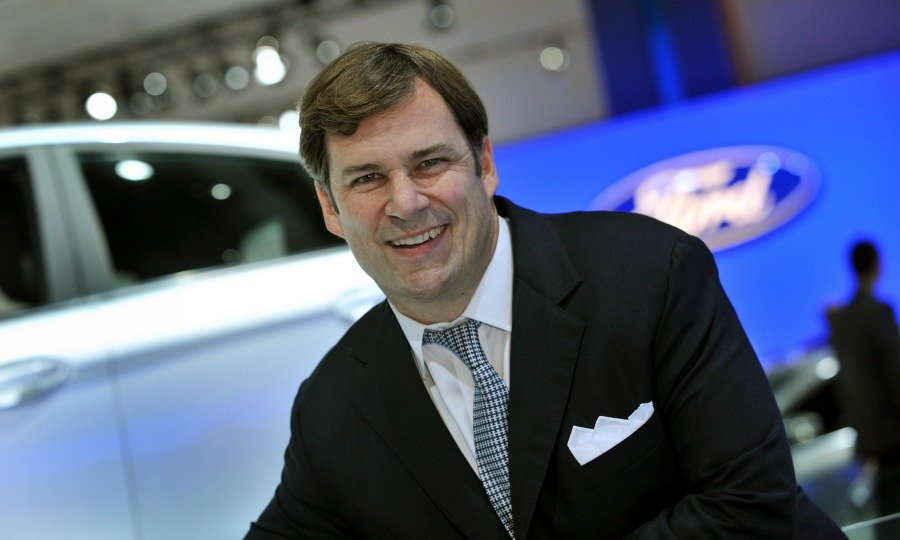
Farley meets his moment: No Ford CEO since Henry Ford II has lasted more than eight years. Jim Farley’s two immediate predecessors each were in the job roughly half the length of an F-150 product cycle. If Ford’s incoming CEO wants to break that trend, he’ll have to successfully steer Ford through the most consequential changes in its 117-year history. Automotive News looks at how Farley’s past experiences will inform his decision-making as he steps into the CEO role Thursday. Can he deliver long-term stability as he transitions the company to the smart mobility future Jim Hackett put in motion?
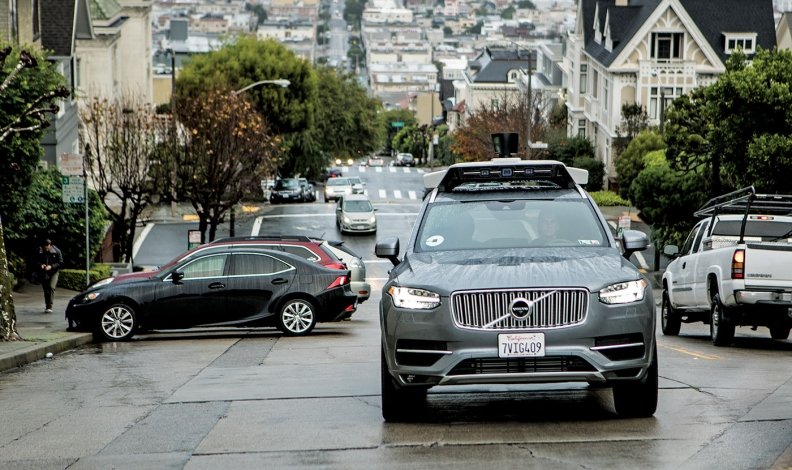
Precedent-setting AV case: After two and a half years of legal uncertainty, the safety driver behind the wheel of an Uber self-driving test vehicle that struck and killed a pedestrian has been charged with a single count of criminally negligent homicide. Automotive News examines the issues at play in a case that’s poised to set precedents in the autonomous driving realm, a case that may rest on the tricky definition of “operator,” and a case that is no sure thing for either prosecutor or defendant.
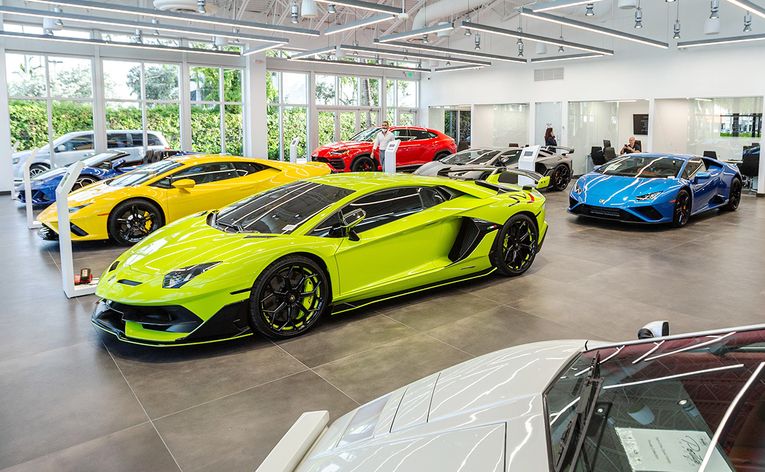
What’s it like to sell $200,000-plus ultraluxury and exotic vehicles in a pandemic? No way to sugarcoat it: New-vehicle sales are off, partly due to low inventories driven by COVID-19 factory shutdowns. But signs are pointing upward for high-end retail: Used-vehicle sales and service business is up; in-person, socially distanced events are back on some calendars; and by the end of the year, dealers anticipate that the new product pipeline will be gushing. Automotive News talks with dealers about what the near future holds.
Weekend news:
Ford-Unifor deal has wage gains, bonuses, shorter grow-in period: Wage gains for members include a two-year reduction in the contentious 10-year wage grow-in period, two CDN$2,000 “inflation protection” bonuses, a CDN$7,250 “productivity and quality bonus” and two general wage increases of 2.5 percent for workers at the full pay rate, according to the Canadian union.
Polestar Precept will go into production at new plant: Polestar has reversed course on the Precept, deciding to turn what was originally billed as a “vision” of the brand’s future into a production model.
BLOG: Polestar boss’ epic perseverance rewarded: Polestar CEO Thomas Ingenlath has some interesting stories to tell about his journey to the Beijing auto show, which started Saturday.
 |
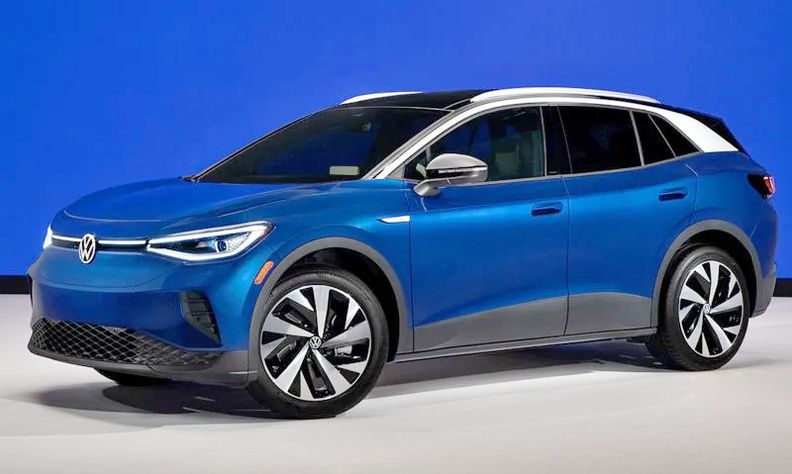
VW makes its opening U.S. EV bid: The long-awaited start to Volkswagen’s $50 billion-plus investment in electrification will finally materialize late this year when the ID4 battery-powered compact crossover arrives at U.S. dealerships. Among the enticements for buyers will be an estimated 250-mile range from its 82-kilowatt-hour battery pack, three years of free charging and a $379-a-month lease price.

Ford is listening to off-road enthusiasts: The automaker reversed course and will offer its off-road Sasquatch package on Bronco SUVs with a seven-speed manual transmission. The change was announced after enthusiasts grumbled that the package was only going to be available on Broncos with an automatic gearbox.
No ICE in California? That’s right. For the most part, no new vehicles powered by internal combustion engines will be sold in the United States’ biggest market by 2035. Gov. Gavin Newsom says the California Air Resources Board will develop regulations dictating that all new passenger cars and trucks sold in the state be zero-emission. California joins 15 countries that have made similar pledges, and Newsom encouraged other states to take such action.
 |
 |
A selection from Shift and Daily Drive:
 |
Sept. 25, 2015: Volvo Car USA CEO Lex Kerssemakers, South Carolina Gov. Nikki Haley and other key public officials broke ground on Volvo Cars’ first American factory, in Berkeley County, S.C. The next-generation XC90 crossover will be built at the 2.3 million-square-foot factory beginning in 2022.